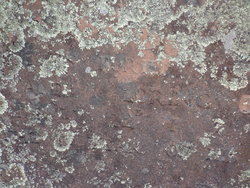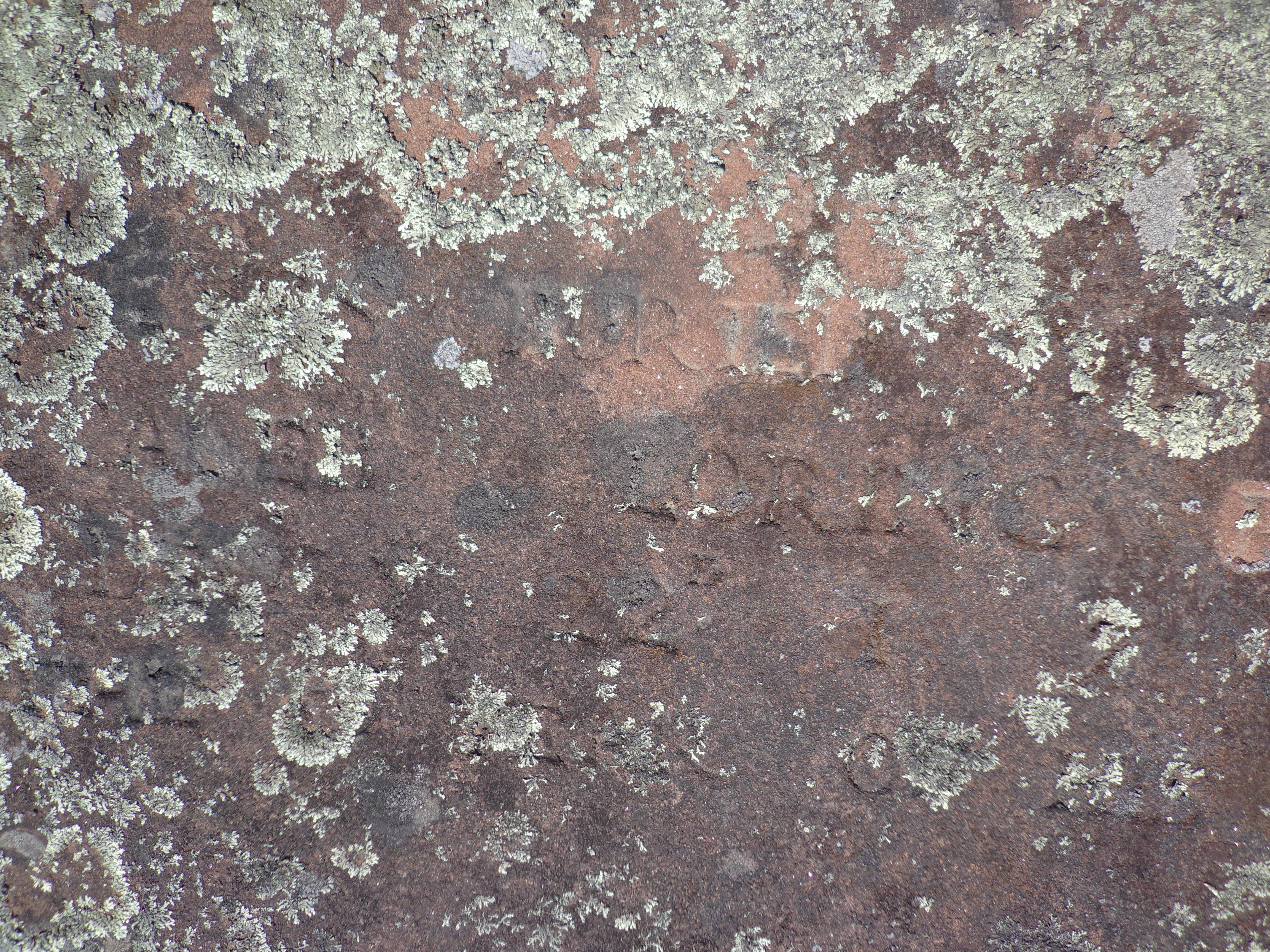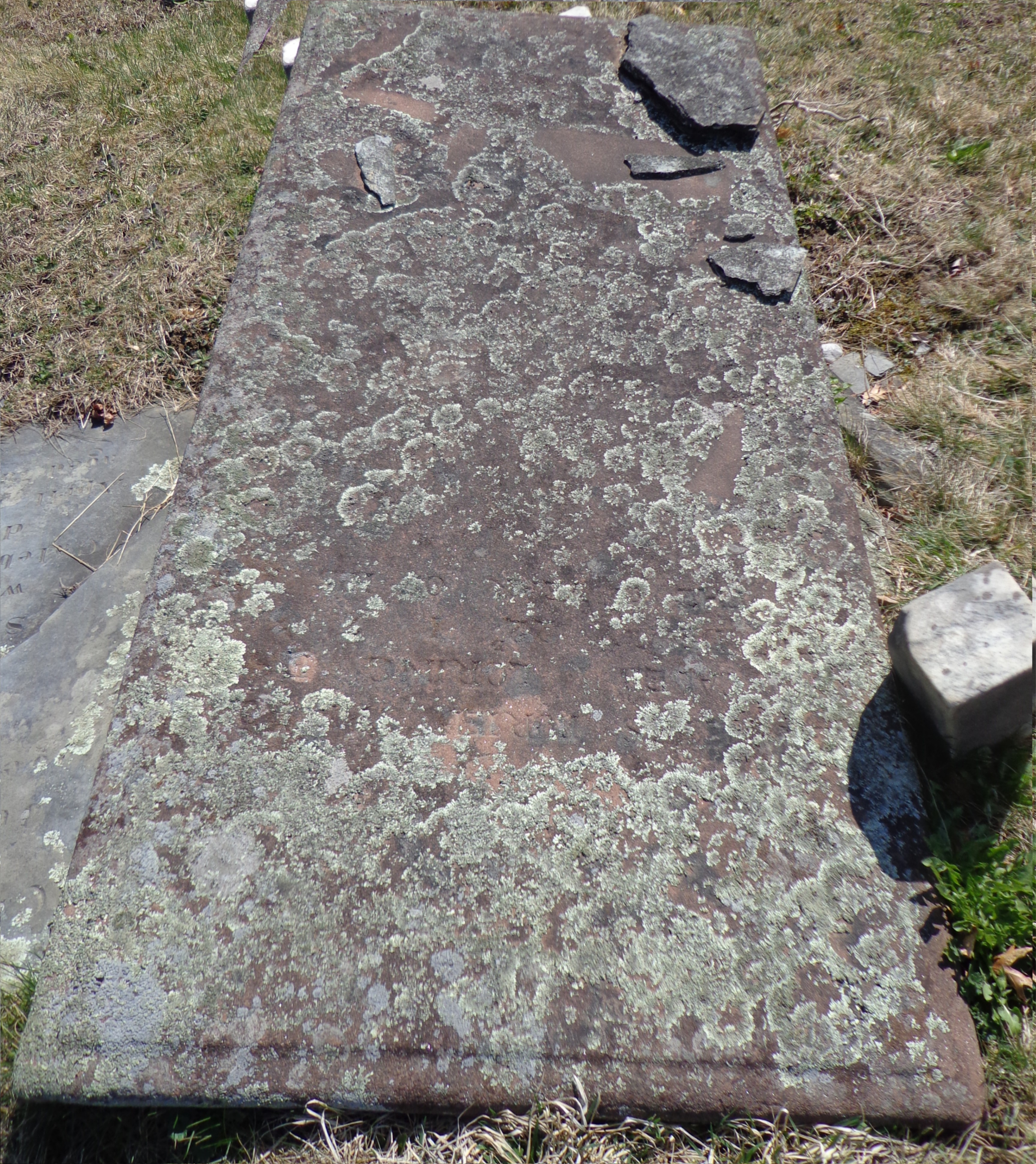Axminster, England; baptized
March 5, 1625-6, and Hannah (Jacob.)
Husband of Lydia Gray.
CALEB LORING, born at Hull, June 9, 1674;
married August 7, 1696, Lydia, daughter
of Edward and Dorothy (Lettice) Gray, born
about 1677. Her father was a very early
settler at Plymouth, though not of the
Mayflower party; her mother was his second
wife, who outlived him and married second
Nathaniel Clarke, from whom she applied for
a divorce. Mrs. Loring called "Madame Loring"
in the community, was a member of the
church with her husband.
Caleb Loring learned the trade of weaver,
and was so called in lawsuit in 1698. He
later became a physician, by what process
of education records do not show. He made
his home first at Plymouth. Bought a tract
of land in 1697. Was chosen constable, that
is tax collector and court officer, March
6, 1698-9, - "Eastward of the Road Neer New
Streete and by the fence side which was some-
time mr Nath: Clarks fence: to dig a well Not
to exceed 5 foot into the lane from sd fence."
This was in partnership with Mr. Little.
He was a member of a town committee the same
year; a member of the Grand Jury in 1701-2
and in 1703 member of another jury.
He bought a farm of Stephen Bryant in the
part of Plymouth which was set off and formed
the town of Plympton four years later. This
estate was on the east side of Jones River
Brook, where that stream crosses the highway
in the north part of Plympton.
He was on a committee to recommend a plan
for the disposition of the cedar swamp lands
in 1704; one of the selectmen 1704-7, and
constable again in 1706. December 31, 1707,
one of a committee to built a new bridge over
Jones River. In 1725 he, with Dea. Isaac
Cushman, petitioned the General Court of
Plymouth colony protesting against the sale
of certain lands by the town of Plymouth which
Plympton had a share; asking that their share
might be paid over to Plympton for the support
of a grammar school; but the petition was not
granted.
Dr. Loring was one of the proprietors of a
forge for the reduction of bog iron ore and a
foundry; a local poet, with kind thoughts of
the doctor but with different opinions of other
members of the company, perpetrated this rhyme:
"Freeheart and Gripehard
And Cunning and Catch
Built them a forge
To make themselves rich."
The forge continued in operation a long time.
Dr. Loring continued the same prominence in
Plympton affairs he had had at Plymouth,
being selectman, assessor, moderator, surveyor
of lands and captain of militia at various times.
He had considerable medical practice and was
never secure from calls; so that he had a door
cut in the wall of the meetinghouse close by his
pew, so that he could come in and go out without
disturbing the congregation in meeting time.
He died December 22, 1732.
Children:
1) Caleb, b. June 7, 1697; d. early.
2) Hannah, b. Aug. 7, 1698;
m. (1) Joseph Thomas;
m. (2) Capt. Nehemiah Cushing, of Pembroke.
3) Ignatius, b. Dec. 27, 1699.
4) Polycarpus, b. in 1702.
5) Caleb, b. Oct. 2, 1704; d. June 12, 1723.
6) Lydia, b. and d. in 1706.
7) Jacob, b. May 15, 1711; d. in 1720.
8) Joseph, b. July 25, 1713; d. young.
9) John, b. Nov. 15, 1715.
10) Thomas, b. Apr. 14, 1718.
11) Lydia, b. Aug. 23, 1721;
m. Aug. 8, 1737, Capt. Zebedee Chandler.
Loring Genealogy
by Charles Henry Pope
Printed Cambridge, Mass., 1917
https://archive.org/stream/loringgenealogy00
pope#page/n11/mode/2up
Axminster, England; baptized
March 5, 1625-6, and Hannah (Jacob.)
Husband of Lydia Gray.
CALEB LORING, born at Hull, June 9, 1674;
married August 7, 1696, Lydia, daughter
of Edward and Dorothy (Lettice) Gray, born
about 1677. Her father was a very early
settler at Plymouth, though not of the
Mayflower party; her mother was his second
wife, who outlived him and married second
Nathaniel Clarke, from whom she applied for
a divorce. Mrs. Loring called "Madame Loring"
in the community, was a member of the
church with her husband.
Caleb Loring learned the trade of weaver,
and was so called in lawsuit in 1698. He
later became a physician, by what process
of education records do not show. He made
his home first at Plymouth. Bought a tract
of land in 1697. Was chosen constable, that
is tax collector and court officer, March
6, 1698-9, - "Eastward of the Road Neer New
Streete and by the fence side which was some-
time mr Nath: Clarks fence: to dig a well Not
to exceed 5 foot into the lane from sd fence."
This was in partnership with Mr. Little.
He was a member of a town committee the same
year; a member of the Grand Jury in 1701-2
and in 1703 member of another jury.
He bought a farm of Stephen Bryant in the
part of Plymouth which was set off and formed
the town of Plympton four years later. This
estate was on the east side of Jones River
Brook, where that stream crosses the highway
in the north part of Plympton.
He was on a committee to recommend a plan
for the disposition of the cedar swamp lands
in 1704; one of the selectmen 1704-7, and
constable again in 1706. December 31, 1707,
one of a committee to built a new bridge over
Jones River. In 1725 he, with Dea. Isaac
Cushman, petitioned the General Court of
Plymouth colony protesting against the sale
of certain lands by the town of Plymouth which
Plympton had a share; asking that their share
might be paid over to Plympton for the support
of a grammar school; but the petition was not
granted.
Dr. Loring was one of the proprietors of a
forge for the reduction of bog iron ore and a
foundry; a local poet, with kind thoughts of
the doctor but with different opinions of other
members of the company, perpetrated this rhyme:
"Freeheart and Gripehard
And Cunning and Catch
Built them a forge
To make themselves rich."
The forge continued in operation a long time.
Dr. Loring continued the same prominence in
Plympton affairs he had had at Plymouth,
being selectman, assessor, moderator, surveyor
of lands and captain of militia at various times.
He had considerable medical practice and was
never secure from calls; so that he had a door
cut in the wall of the meetinghouse close by his
pew, so that he could come in and go out without
disturbing the congregation in meeting time.
He died December 22, 1732.
Children:
1) Caleb, b. June 7, 1697; d. early.
2) Hannah, b. Aug. 7, 1698;
m. (1) Joseph Thomas;
m. (2) Capt. Nehemiah Cushing, of Pembroke.
3) Ignatius, b. Dec. 27, 1699.
4) Polycarpus, b. in 1702.
5) Caleb, b. Oct. 2, 1704; d. June 12, 1723.
6) Lydia, b. and d. in 1706.
7) Jacob, b. May 15, 1711; d. in 1720.
8) Joseph, b. July 25, 1713; d. young.
9) John, b. Nov. 15, 1715.
10) Thomas, b. Apr. 14, 1718.
11) Lydia, b. Aug. 23, 1721;
m. Aug. 8, 1737, Capt. Zebedee Chandler.
Loring Genealogy
by Charles Henry Pope
Printed Cambridge, Mass., 1917
https://archive.org/stream/loringgenealogy00
pope#page/n11/mode/2up
Family Members
Advertisement
Records on Ancestry
Sponsored by Ancestry
Advertisement















